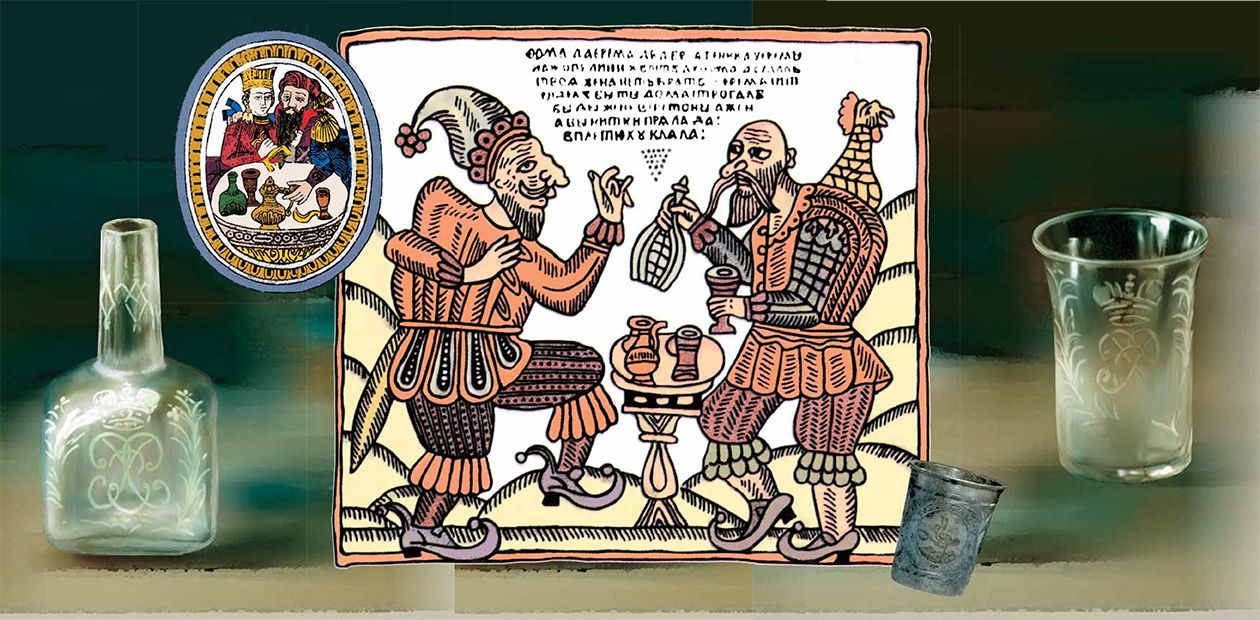Russian Siberians and Alcohol: Drinking Alcohol in Siberia in the 18th Century
The Second Kamchatka Expedition (1733-1743), dedicated to the study of the huge trans-Ural territories and the Arctic coast of Siberia, was a major research project of the 18th century. The materials collected by the expedition's academic team, which included outstanding scholars of the time, contain a lot of most interesting evidence about the lifestyle and customs of the Russian and aboriginal population of Siberia. Scholarly comments to these materials have one thing in common: they claim, ever and again, that the foreign participants of the expedition considered Siberia as a region very unfavorable in terms of people's habits and living conditions. The ill-being was manifested in mass alcoholism, laziness, irresponsibility, money-grubbing, etc.
The foreigners placed drunkenness first not by accident: the rumors about alcoholism as a Russian national "constant" smack of mythology. Surprisingly, Europeans drink no less (and maybe even more) than us, but alcoholic drinks do not play a dominant role in determining their national types. This psychological dilemma is perfectly illustrated by the experience of the academic team of the Second Kamchatka Expedition, whose members themselves were far from being abstainers.
Their descriptions of the alcoholic lifestyle of Siberians make a depressing impression. When reading them, you realize that "there is nothing new under the sun," and those things that are all too familiar to us, such as "drunken budget," "shadow economy," corruption, "protection racket," etc., trace their origin far back into the past. Looking at the gloomy pictures drawn by the expedition members, we need to understand what their authors want to say. The main thing in these stories is not their negative attitudes, but the search for ways out of the situation. The researchers not only depict the drinking habits, but offer recommendations for correcting the deficiencies. These recommendations are relevant today; we only need to find the kernel of good sense.
The article by Alexander Ch. Elert, Doctor of History and a well-known expert in the decryption, translation, and investigation of 17-18th century manuscripts (Institute of History SB RAS, Novosibirsk), is dedicated to the analysis that major scholars of that time made of one of the most vulnerable facts of Russian life. The article is very instructive and informative. Continuing the series of articles about the “Russian” Germans Gmelin, Miller, and Steller, it not only clarifies some of the historical facts but also allows one to become more familiar with these wonderful people and clean their images from the husk of ingrained opinions. This familiarity always makes history more transparent, intimate, and, hence, more "real."





